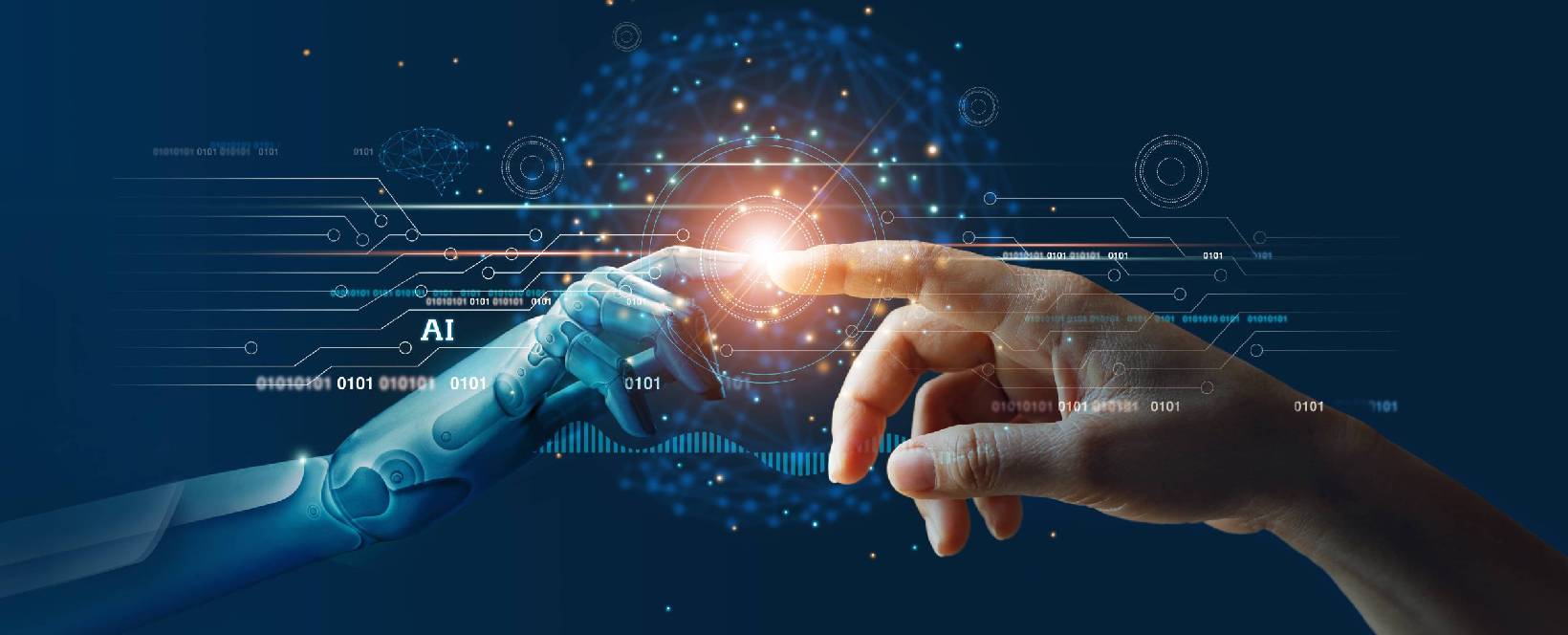Introduction
The Industrial Revolution has come a long way since it first began in the 18th century. As technology advances, so does the progress of the industrial revolution. We are now on the brink of the fifth industrial revolution, also known as Industry 5.0. In this article, we will discuss what Industry 5.0 means for the manufacturing sector and how companies can get ready for this new industrial revolution.
History of Industrial Revolution
The Industrial Revolution began in the 18th century when power-driven machines replaced manual labour in factories. This revolution marked the beginning of the mass production of goods and the invention of new technologies. According to the United Nations Department of Economic and Social Affairs (UNDESA), this period marked the beginning of an era of rapid economic growth and widespread technological change.
The first industrial revolution was followed by the second industrial revolution in the late 19th century. This revolution was mainly characterized by the invention of electricity and the introduction of the assembly line. This period was also marked by the development of new transportation systems and the birth of mass production. According to the United Nations Department of Economic and Social Affairs (UNDESA), this period marked the beginning of the modern era of industrialization.
The third industrial revolution, also known as the digital revolution, began in the late 20th century. This revolution was mainly characterized by the invention of the internet, computers, and other digital technologies. This period saw the emergence of new technologies such as artificial intelligence (AI), robotics, and the Internet of Things (IoT). According to the World Economic Forum, this technology-driven revolution is transforming entire systems of production, management and governance.
The fourth industrial revolution, also known as Industry 4.0, began in the early 21st century. This revolution was mainly characterized by the emergence of cyber-physical systems, the Internet of Things (IoT), big data analytics, artificial intelligence (AI), and cloud computing. According to the European Commission, Industry 4.0 is the name given to the fourth industrial revolution, which is being driven by digital technologies and automation.
What is Industry 5.0?
Industry 5.0 is the latest advancement of the industrial revolution. It is characterized by the convergence of physical, digital, and biological technologies. This convergence is expected to create a new industrial landscape in which machines, humans, and products are connected through the Internet of Things (IoT), artificial intelligence (AI), and virtual reality (VR). According to Industry 4.0 Magazine, Industry 5.0 builds on the previous industrial revolutions but combines the physical and the digital worlds, creating an entirely new realm of possibilities.
Industry 5.0 for manufacturing
Industry 5.0 is expected to completely transform the manufacturing industry. It will bring about a new wave of innovation and efficiency, enabling companies to produce goods faster and more cheaply. According to McKinsey & Company, Industry 5.0 will enable manufacturers to use digital technologies to optimize their production processes and create new products and services that are tailored to the needs of their customers.
Manufacturers will also be able to use new technologies such as AI, machine learning, and virtual reality to optimize their production processes. This will enable them to reduce costs, increase efficiency, and improve quality. According to the World Economic Forum, Industry 5.0 will enable manufacturers to use digital technologies to optimize their production processes and create new products and services that are tailored to the needs of their customers.
Important Factors about Industry 5.0
There are several important factors that manufacturers should consider when preparing for Industry 5.0. These factors include:
- Adopting new technologies: Manufacturers should consider adopting new technologies such as AI, machine learning, and virtual reality to optimize their production processes. According to the World Economic Forum, Manufacturers should invest in the adoption of AI, machine learning and virtual reality technologies to optimize their production processes and create new products and services that are tailored to the needs of their customers.
- Building a digitally connected ecosystem: Manufacturers should build a digitally connected ecosystem by leveraging the Internet of Things (IoT) and cloud computing to improve their operations. According to the European Commission, Manufacturers should use the Internet of Things (IoT) and cloud computing to build a digitally connected ecosystem and improve their operations.
- Investing in data analytics: Manufacturers should invest in data analytics to better understand their customers and optimize their production processes. According to McKinsey & Company, Manufacturers should invest in data analytics to gain greater insights into customer needs and preferences and to optimize their production processes.
- Developing new products and services: Manufacturers should develop new products and services that are tailored to the needs of their customers. According to Industry 4.0 Magazine, Manufacturers should develop new products and services that are tailored to the needs of their customers to remain competitive in an ever-changing market.
Are You Ready for the New Industrial Revolution?
The fifth industrial revolution is expected to bring about a new wave of innovation and efficiency to the manufacturing industry. If your company is not prepared for this new industrial revolution, it could be left behind by its competitors.
In order to stay competitive, manufacturers should start preparing for Industry 5.0 by adopting new technologies, building a digitally connected ecosystem, investing in data analytics, and developing new products and services.
Conclusion
The fifth industrial revolution, or Industry 5.0, is expected to completely transform the manufacturing industry. Manufacturers should start preparing for this new industrial revolution by adopting new technologies, building a digitally connected ecosystem, investing in data analytics, and developing new products and services. By doing so, they will be able to stay competitive in an ever-changing market.


